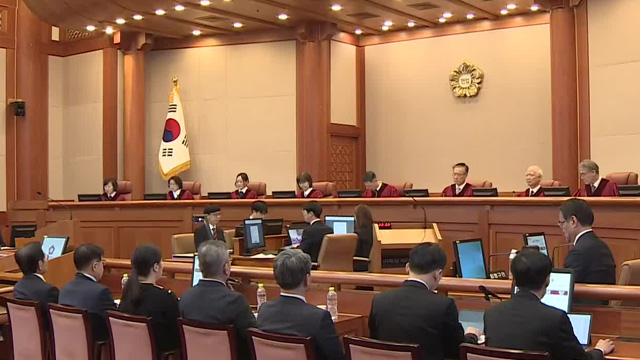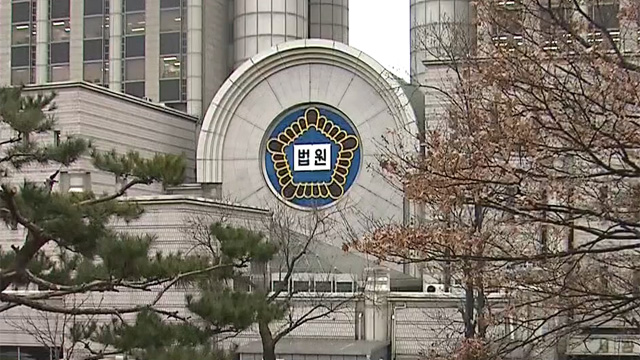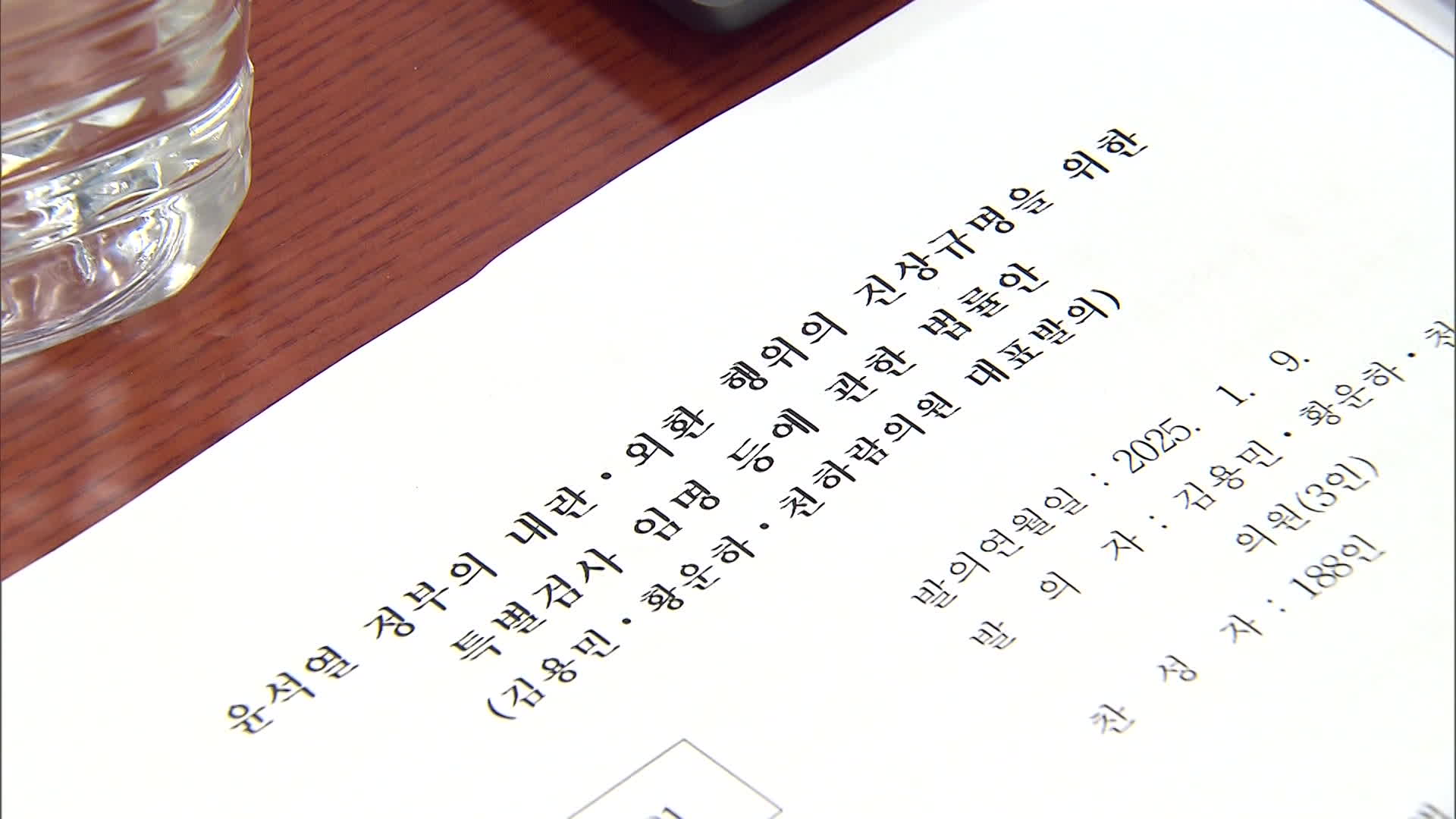[News Today] MARKET CALM DESPITE YOON’S ARREST
입력 2025.01.16 (15:50)
수정 2025.01.16 (15:50)
읽어주기 기능은 크롬기반의
브라우저에서만 사용하실 수 있습니다.
[LEAD]
Meanwhile, South Korea's financial markets showed little reaction yesterday. Stocks and currency rates barely stirred, relatively staying calm despite unprecedented events. Here's more.
[REPORT]
Nine a.m. Wednesday. Anti-corruption investigators and police officers almost completed infiltrating the presidential residence.
Riding the momentum, the stock market rose more than 1% from Tuesday to 2,520 points immediately after the market opened,but that was where the climb ended.
Not long after, at around 10 a.m., stock prices went back to where they were and the market closed without a drastic change.
The market essentially remained unchanged, closing 0.02% lower than the previous day.
Given that stock prices rose about 1.8% on January 3rd, when the first arrest warrant was executed, the market was almost non-responsive the second time around.
The won-dollar exchange rate also stayed about the same, falling only two won per dollar.
Jo Byeong-hyeon/ Leader, Investment Strategy Team, Daol Securities
Arrest warrant execution is a part of the impeachment process. The market already reflected potentially impactful factors in late December and early January.
That means the market does not drastically fluctuate on a daily basis despite the declaration of martial law, impeachment and the investigations, since it became clear the process will likely take several months.
The market could show major responses when the impeachment trial ruling or investigation findings are announced.
What is certain is that all these developments, when accumulated, are certain to hurt the financial market.
Jo Byeong-hyeon/ Leader, Investment Strategy Team, Daol Securities
Political uncertainties and the exchange rate could worsen the situation. Fear over exacerbation is being manifested slowly.
Over the month of December, foreign investments worth 5.7 trillion won, or roughly 3.9 billion U.S. dollars, in net amount left the Korean stock and bond market.
It's the highest figures since March 2020 at the height of the pandemic.
Given the nature of the financial market, however, the launch of the Trump administration and other external factors rather than domestic ones are projected to impact the local market more considerably.
■ 제보하기
▷ 카카오톡 : 'KBS제보' 검색, 채널 추가
▷ 전화 : 02-781-1234, 4444
▷ 이메일 : kbs1234@kbs.co.kr
▷ 유튜브, 네이버, 카카오에서도 KBS뉴스를 구독해주세요!
- [News Today] MARKET CALM DESPITE YOON’S ARREST
-
- 입력 2025-01-16 15:50:01
- 수정2025-01-16 15:50:20
[LEAD]
Meanwhile, South Korea's financial markets showed little reaction yesterday. Stocks and currency rates barely stirred, relatively staying calm despite unprecedented events. Here's more.
[REPORT]
Nine a.m. Wednesday. Anti-corruption investigators and police officers almost completed infiltrating the presidential residence.
Riding the momentum, the stock market rose more than 1% from Tuesday to 2,520 points immediately after the market opened,but that was where the climb ended.
Not long after, at around 10 a.m., stock prices went back to where they were and the market closed without a drastic change.
The market essentially remained unchanged, closing 0.02% lower than the previous day.
Given that stock prices rose about 1.8% on January 3rd, when the first arrest warrant was executed, the market was almost non-responsive the second time around.
The won-dollar exchange rate also stayed about the same, falling only two won per dollar.
Jo Byeong-hyeon/ Leader, Investment Strategy Team, Daol Securities
Arrest warrant execution is a part of the impeachment process. The market already reflected potentially impactful factors in late December and early January.
That means the market does not drastically fluctuate on a daily basis despite the declaration of martial law, impeachment and the investigations, since it became clear the process will likely take several months.
The market could show major responses when the impeachment trial ruling or investigation findings are announced.
What is certain is that all these developments, when accumulated, are certain to hurt the financial market.
Jo Byeong-hyeon/ Leader, Investment Strategy Team, Daol Securities
Political uncertainties and the exchange rate could worsen the situation. Fear over exacerbation is being manifested slowly.
Over the month of December, foreign investments worth 5.7 trillion won, or roughly 3.9 billion U.S. dollars, in net amount left the Korean stock and bond market.
It's the highest figures since March 2020 at the height of the pandemic.
Given the nature of the financial market, however, the launch of the Trump administration and other external factors rather than domestic ones are projected to impact the local market more considerably.
이 기사가 좋으셨다면
-
좋아요
0
-
응원해요
0
-
후속 원해요
0















이 기사에 대한 의견을 남겨주세요.